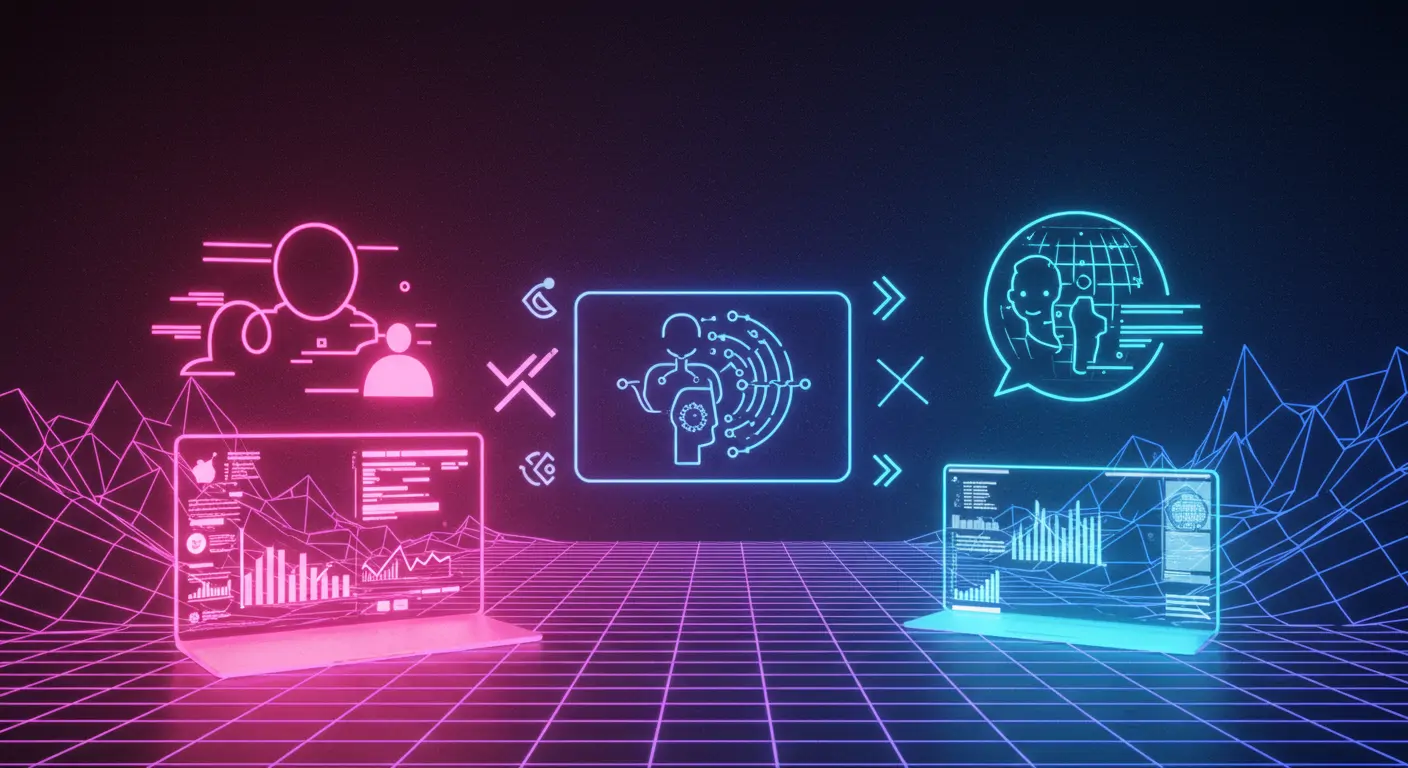What You'll Build
In this guide, you'll learn how to create an AI-powered debugging assistant using GitHub Copilot. By the end, you'll have a tool that can autonomously find and suggest fixes for code issues, significantly reducing debugging time and improving code quality. The benefits include reduced development cycles, enhanced code accuracy, and productive collaboration with AI. Expect to complete this project in about 3 hours if you're familiar with AI tools and GitHub Copilot.
Quick Start (TL;DR)
- Install GitHub Copilot and set up your IDE.
- Create an AI model to analyze code patterns.
- Integrate error detection using pre-trained models.
- Develop a plugin to suggest code fixes directly in the IDE.
- Test the debugging assistant with sample projects.
Prerequisites & Setup
Before starting, ensure you have the following: an active GitHub account with Copilot access, a compatible IDE (VS Code recommended), Python 3.10+, and basic knowledge of AI/ML concepts. Set up your environment by installing necessary libraries like PyTorch and scikit-learn.
Detailed Step-by-Step Guide
Phase 1: Laying the Foundation
First, set up GitHub Copilot in your preferred IDE. Enable the Copilot plugin, and ensure it's correctly authorized with your GitHub account. Create a new project and write initial code samples to allow Copilot to start learning your coding style.
Phase 2: Implementing Core Features
Next, configure the AI model to analyze code patterns. Use libraries like PyTorch to establish neural networks that can process code and detect anomalies. Train your model on open-source repositories to enhance its accuracy.
Phase 3: Adding Advanced Features
After that, integrate a suggestion engine using pre-trained AI models. Develop a plugin for your IDE that listens for error codes and suggests fixes in real-time. Ensure the assistant is adaptable to different programming languages by training it with diverse codebases.
Code Walkthrough
Here you will find detailed explanations of the code structure and logic. Each segment of code is crucial for the AI's ability to understand and suggest meaningful changes. We'll review data preprocessing, model training, and integration steps.
Common Mistakes to Avoid
- Avoid insufficient training data, leading to inaccurate suggestions.
- Ensure the debugging assistant is correctly integrated with the IDE to prevent non-functional features.
- Do not overlook error handling in plugin development to maintain stability.
Performance & Security
Optimize performance by periodically updating the AI model with the latest coding standards. Implement security best practices, such as securing API calls and respecting user privacy with data anonymization techniques.
Going Further
To extend functionalities, explore advanced machine learning techniques like reinforcement learning. Consider integrating with CI/CD pipelines to automate code reviews and debugging processes on code commits.
FAQ
Q: What IDEs support GitHub Copilot integration?
A: GitHub Copilot is primarily supported in Visual Studio Code, JetBrains IDEs, and Neovim. It allows seamless integration to provide AI-driven code suggestions. For VS Code, install the Copilot extension from the marketplace and authenticate with your GitHub account. Ensure your IDE is updated to the latest version to avoid compatibility issues. On JetBrains IDEs, support is included in versions post-2022. Regular updates are necessary to leverage new features and bug fixes provided by GitHub Copilot's development team.
Q: How do I improve the AI's suggestion quality?
A: Improving suggestion quality involves training the AI model with diverse and extensive datasets. Use open-source projects across various languages to enhance its understanding. Regularly feed the model with updated codebases reflecting current best practices. Employ techniques like data augmentation to increase variety in training examples. Also, fine-tune hyperparameters based on validation performance to ensure accuracy. Consistent monitoring and evaluation of AI suggestions help in making iterative improvements.
Q: Can GitHub Copilot be used with private repositories?
A: Yes, GitHub Copilot can be used with private repositories. Ensure you have the appropriate permissions and access settings configured to allow Copilot to read your private code. Copilot's AI model processes snippets locally and does not store or share your private code with GitHub servers. It's crucial to regularly update your access tokens and verify permissions to maintain security and privacy.
Q: What types of errors can the assistant help fix?
A: The AI-powered debugging assistant can help fix syntax errors, logical errors, and basic semantic issues in code. It excels in suggesting missing imports, correcting typos, and refactoring inefficient loops. By leveraging trained AI models, it also identifies potential performance bottlenecks and suggests improvements. For complex logical errors, providing additional context or test cases can enhance the AI's suggestions. Continuously updating the model with new patterns or languages enhances its problem-solving capabilities.
Q: How does GitHub Copilot impact overall productivity?
A: GitHub Copilot significantly boosts productivity by automating repetitive coding tasks and offering context-aware suggestions. Developers save time on boilerplate code, focus more on logic and design, and reduce debugging efforts. Case studies show that Copilot can increase coding speed by up to 30%, especially in large projects with complex codebases. It also facilitates learning by providing instant code examples, reducing the need for constant documentation lookups. Regularly using Copilot enhances its understanding of your coding habits, further improving its assistance over time.
Conclusion & Next Steps
Congratulations on building an AI-powered debugging assistant! You've successfully integrated GitHub Copilot with your development workflow, enhancing debugging efficiency and code quality. As a next step, consider exploring machine learning techniques to further refine the assistant's capabilities. You might also look into integrating this tool with your team's existing CI/CD pipeline for automated testing. Additionally, stay updated with the latest advancements in AI and IDEs to continually improve your development practices.




